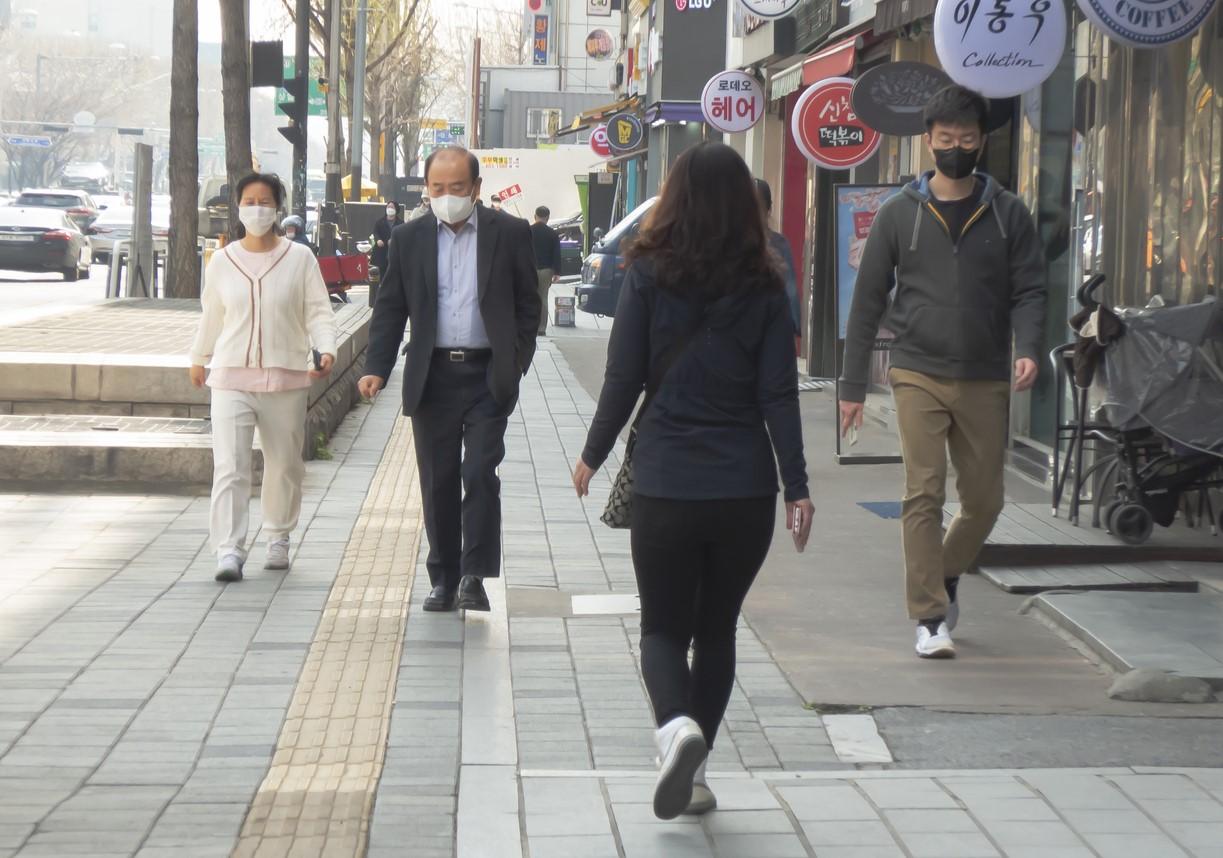The world's COVID-19 cases declined last week for the fifth week in a row, but hot spots remain in a handful of countries, especially in Asia, the World Health Organization (WHO) said in its latest weekly update.
Meanwhile as cases continue to fall in the United States, Hawaii became the final state to drop its mask mandate.
Decline smaller than in past weeks
Cases declined 5% last week compared to the week before, marking a smaller decline compared with earlier weeks over the past month. Deaths also fell, declining by 8%.
More than 10 million cases were reported to the WHO last week, with South Korea, Germany, Vietnam, Russia, and Japan reporting the most. There were more than 52,000 new deaths, and the United States continues to report the most COVID-19 fatalities of any country.
In the WHO's Western Pacific region, rising cases were driven by surges in South Korea, Hong Kong, Vietnam, and New Zealand.
South Korea today reported a new record high, with 342,466 new cases, as did Hong Kong, with 58,757 new cases. Elsewhere, China's cases reached a new 2-year high, with 555 new cases, and health officials in Shanghai are battling an uptick in asymptomatic cases by doing mass testing, delaying some large gatherings, and shutting some public spaces, according to Reuters.
Of sequenced samples over the past month, 99.7% were the Omicron variant, and, of those, 34.2% were the more transmissible BA.2 Omicron subvariant. The WHO said its technical advisory group is aware of reports of recombinants of Delta and Omicron and of BA.1 and BA.2, which it said isn't surprising.
So far, however, sequencing hasn't identified any signs of rapid transmission or changes in illness severity. And only a few recombinant clusters have been reported, with little sign of spread.
At a briefing today, WHO Director-General Tedros Adhanom Ghebreyesus, PhD, said though cases and deaths are declining and countries are loosening restrictions, the pandemic is far from over. "The virus continues to evolve, and we continue to face major obstacles in distributing vaccines, tests, and treatments everywhere they are needed," he said.
Tedros also said the WHO is concerned that several countries have drastically reduced testing, which he says clouds the ability to see where the virus is, how it's spreading, and how it's evolving.
In a related development today, the WHO posted interim guidance on the use of rapid tests, which it says should be offered as part of overall COVID-19 testing services. The guidance addresses implementation considerations, including prioritizing populations, test accessibility, and reporting.
Hawaii drops indoor mask mandate
Yesterday Hawaii became the final US state to announce that indoor mask requirements related to the COVID-19 pandemic will end; the step takes effect on Mar 26. Puerto Rico announced earlier this week that all mask mandates on the island would be ending this week.
New cases of COVID-19 continue to drop across the country. The United States reported 29,805 new COVID-19 cases yesterday and 1,532 deaths, according to the Johns Hopkins COVID-19 tracker. The 7-day average of new daily cases is 38,239, with 1,398 daily deaths, according to the Washington Post tracker.
In total, the country has seen 79,385,516 COVID-19 cases in the past 2 years, including 963,079 deaths.
Widespread infection with the Omicron variant and vaccination has helped raised immunity in the United States. The Centers for Disease Control and Prevention COVID Data Tracker shows 65.1% of Americans are fully vaccinated against COVID-19, 76.6% have received at least one dose of vaccine, and 44.1% of fully vaccinated Americans have received a booster dose.
As the country moves on to the next phase of the pandemic, both the White House and public health experts are touting a test-to-treat program that pairs positive COVID-19 tests with antiviral drugs.
Pfizer today launched a phase 2/3 study of its approved antiviral, Paxlovid, in kids ages 6 to 17.
"There is a significant unmet need for outpatient treatments that can be taken by children and adolescents to help prevent progression to severe illness, including hospitalization or death," said Mikael Dolsten, chief scientific officer and president of worldwide research, development and medical at Pfizer in a press release.
"Paxlovid is already authorized or approved in many countries around the world, with more than 1.5 million treatment courses delivered thus far and 30 million expected by July to help combat this devastating disease."
CIDRAP News Reporter Stephanie Soucheray contributed to this story.





















